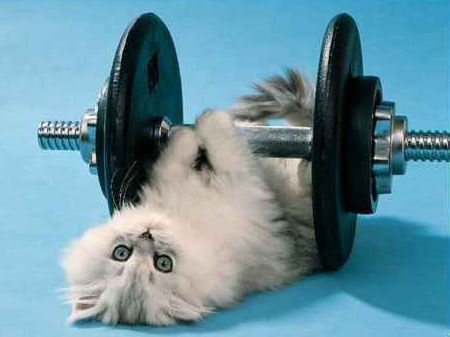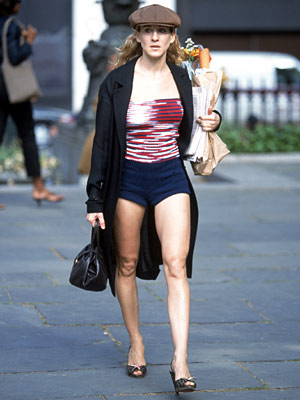
My mom and dad drove to Chicago for an impromptu Labor Day weekend visit. My mom sat by my computer this morning as I checked my email. We began a conversation about Wendy Harpham’s blog post on “What doesn’t kill you makes you stronger.”
Cancer not only sucks for me, but it hugely sucks for my parents to have watched me go through it. I asked my mom what she says when someone tells her “What does not kill you makes you stronger.” Her reply: “I’d rather be weak.” I love my mom’s line of thinking here. It is so her: bold, tactful, and humble.
I think and write a lot about ‘What is strength?’ ‘What is weakness?’ It seems to me the cancer community has blown out of proportion the concept of strength. My back has been up against the oncology wall many times when I’ve gone under the knife or swallowed a radioactive iodine pill. I’ve surmounted these challenges not because I’m strong, but because the alternative means dying. It is strange to have placed on me such lofty personality judgments and descriptors like strength, courage, and inspiration in response to having gone through situations that stink and about which I have no other choice.
In Everything Changes, I interviewed Jill, a 38-year-old breast cancer patient. She said, “The last thing I want is people cheering me on because I had a disease that I didn’t want, was miserable getting through, and wish I never had. That should not be my moment of fame.”
I agree with her. I’m not saying don’t celebrate the fact that I’m still alive. And I think it is great to honor cancer patients and recognize the challenges we face. But don’t call me strong when I have no other choice. It discounts the many nights that I sobbed alone into my pillow and felt cowardice in every inch of my body. I don’t want to erase those moments with a clean sweep of ‘strength washing’; one of the best by-products of my cancer is that it has helped me befriend weakness. I no longer think of weakness as a negative term. In fact, I’m pretty damn proud that I can let myself feel scared and vulnerable. After all, cancer is scary business.
What is your response when someone says “What does not kill you makes you stronger?” What do you most want to be celebrated for? If you have a different illness, is there a lot of “strength talk” about your disease?
![]()
![]()


 “Everything Changes is, without doubt, the most forthright, emotionally sophisticated, and plain-old valuable book of its kind I've seen.”
“Everything Changes is, without doubt, the most forthright, emotionally sophisticated, and plain-old valuable book of its kind I've seen.”












